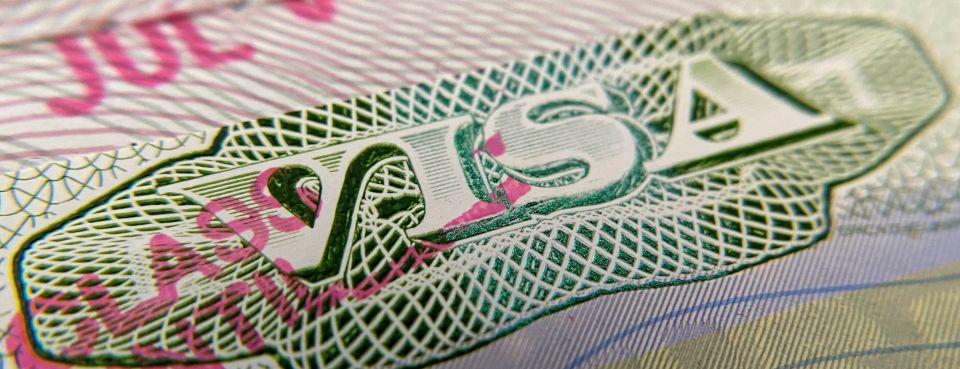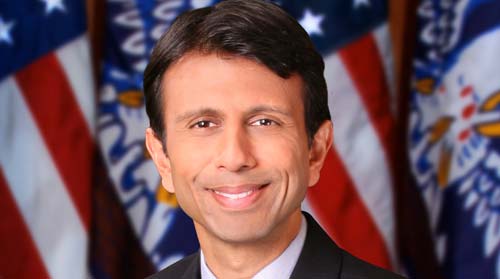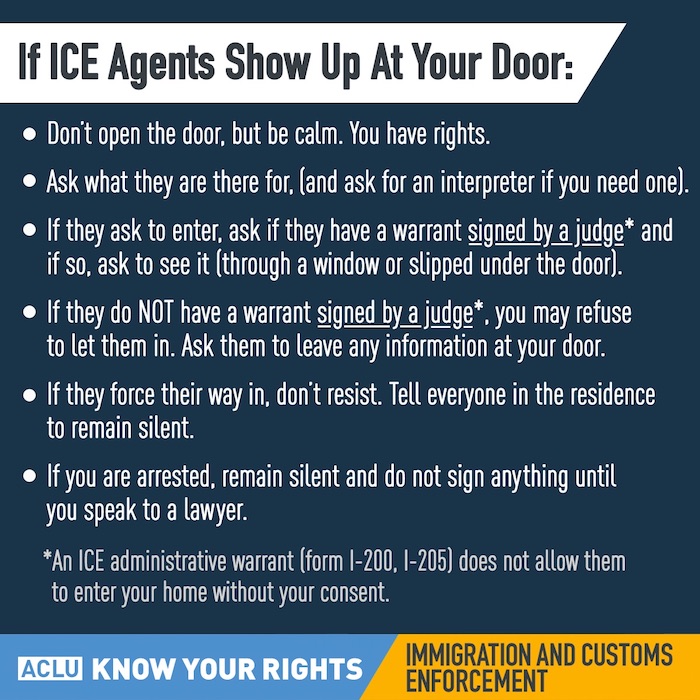Magazine, Immigration, BloombergLaw
The Trump administration’s new public charge rule, which expanded the definition of immigrants who are inadmissible to the U.S. because of doubts they could be self-sustaining, has been struck down by a federal judge in Chicago.
The rule violates the Administrative Procedure Act, meaning it must be vacated, Judge Gary Feinerman of the U.S. District Court for the Northern District of Illinois said Monday.
Cook County, Ill., and the Illinois Coalition for Immigrant and Refugee Rights Inc. had argued that the rule’s interpretation of who is a public charge was arbitrary and capricious, and incompatible with the federal Immigration and Nationality Act.
The U.S. Supreme Court previously halted a nationwide injunction of the rule from the New York-based U.S. Court of Appeals for the Second Circuit, Feinerman said, adding that ruling had no bearing on his decision.
The judge had previously issued his own injunction barring the measure from taking effect. That order was later upheld by the U.S. Court of Appeals for the Seventh Circuit, also in Chicago. Given that the panel’s holding effectively resolved the plaintiffs’ APA claim, they are entitled to summary judgment on it, he court said.
Rule Vacated Nationwide
The Department of Homeland Security argued that the rule should only be vacated in Illinois, but the district court judge court said that under the APA when an agency violates the statute’s terms the rule “shall” be set aside. Vacating a rule “is simply what courts do when they determine that an agency action violates the APA,” it said.
The court also allowed the plaintiffs’ claim that the rule violates the equal protection clause to proceed.
The equal protection claim is different from the APA claim because it concerns whether the rule was motivated by the discriminatory purpose of favoring white immigrants over nonwhite immigrants, the court said. Those suing also seek a permanent injunction enjoining DHS from ever implementing or enforcing the rule on that basis.
In practice, the court’s findings mean that for the moment, the public charge rule won’t remain the “major obstacle” is has been for immigrants seeking green cards “ever since it went into place,” said Aaron Reichlin-Melnick, policy counsel at the American Immigration Council.
“The procedures it put in place require applicants to submit hundreds of pages of evidence, and dozens of pages of new forms,” he said. “All of which has made not only the prospect of getting a green card more difficult, but the process itself harder and, if you need a lawyer, more expensive.”
Feinerman’s ruling also undercuts the Trump administration’s “invisible wall” of regulations designed to make the legal immigration process more difficult, he added.









